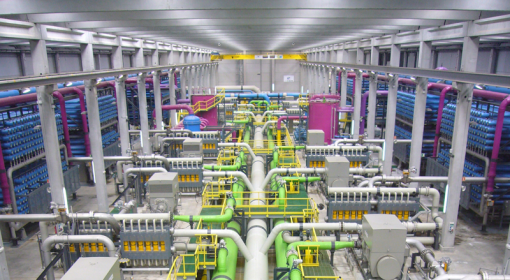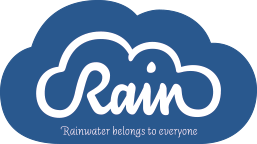Desalination is how we treat saltwater of the oceans to make it potable. To be more precise, desalination is what around 16,000 plants worldwide do to produce 66.5 million cubic metres of freshwater everyday, that serve aroud 300 million people in 150 countries.
Against a backdrop of worldwide depletion of freshwater sources, desalination is frequently put forward as a panacea that would help us tap into an inexhaustible reserve of water. Skeptics, however, point to its still-high cost in terms of money, energy and environmental impact. Besides, as is the case most supply-side solutions, the increase in supply at lower prices leads to an increase in quantity demanded, resulting in little net impact on scarcity.
In this interview, David Zetland (Wageningen University) takes us through these arguments against desalination and points to wastewater treatment as a more economical, more sustainable alternative.
Related: More videos on Desalination
More info: www.aguanomics.com
Produced by: TheWaterChannel
Year: 2013
Language: English
Region: Global, Singapore, USA, West Asia


